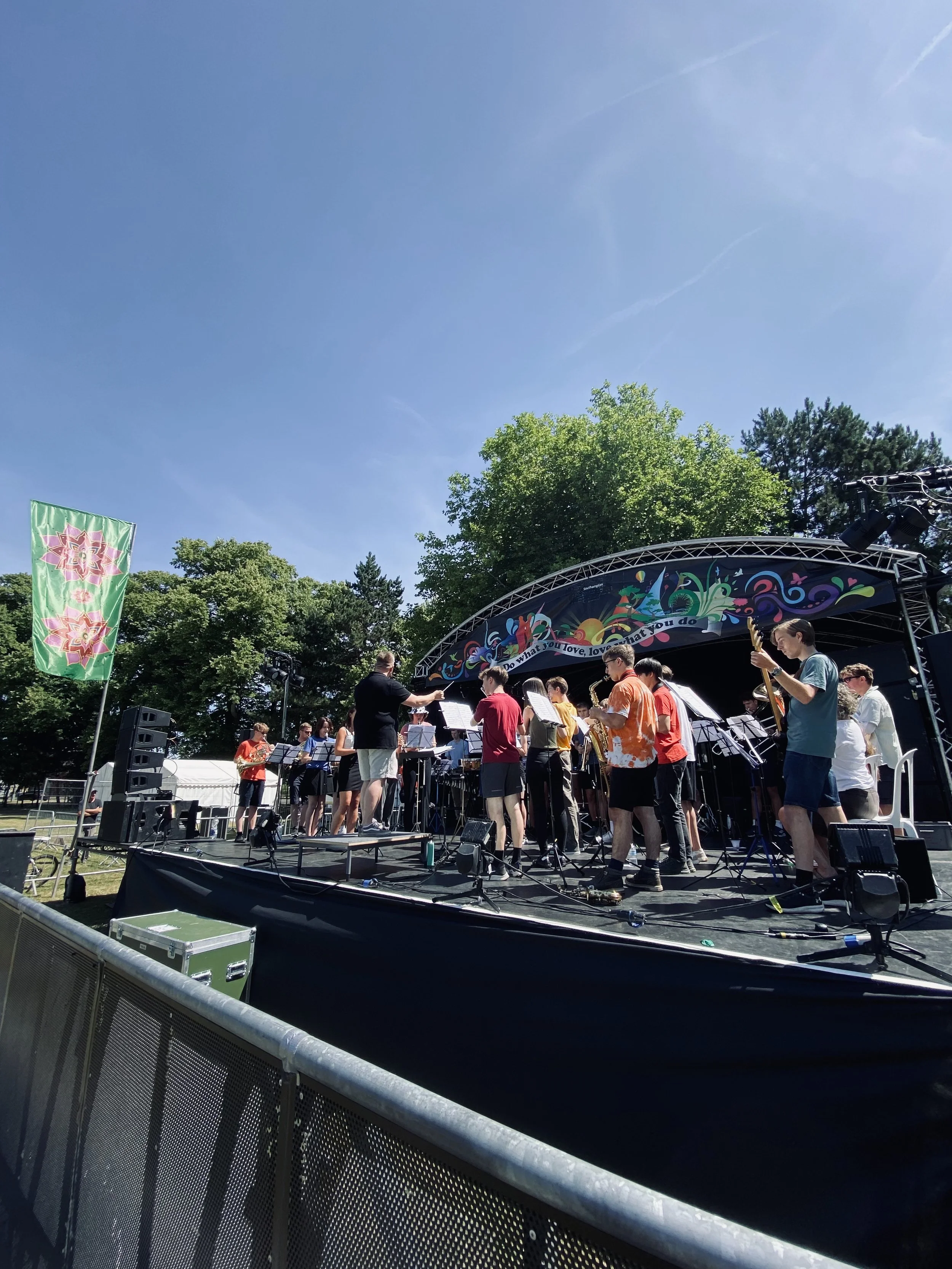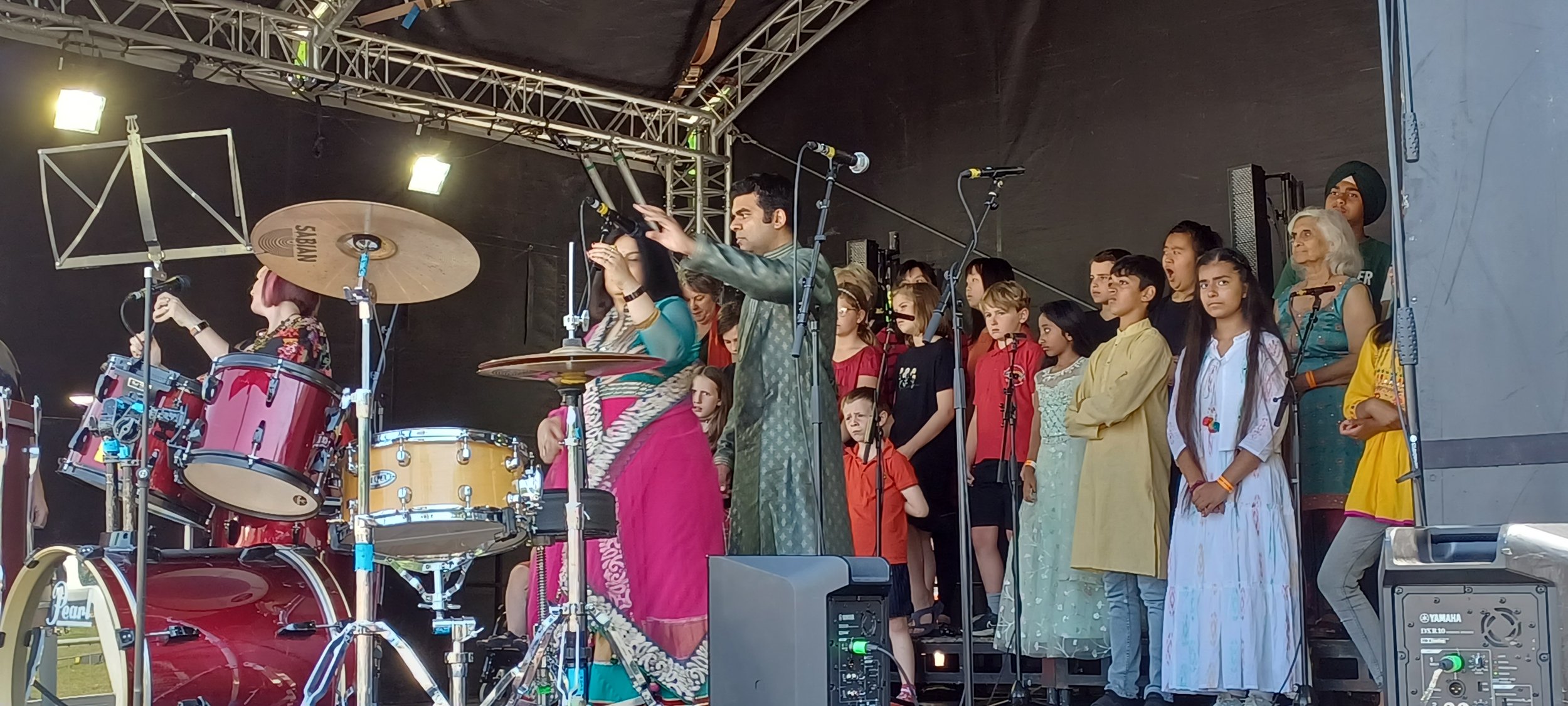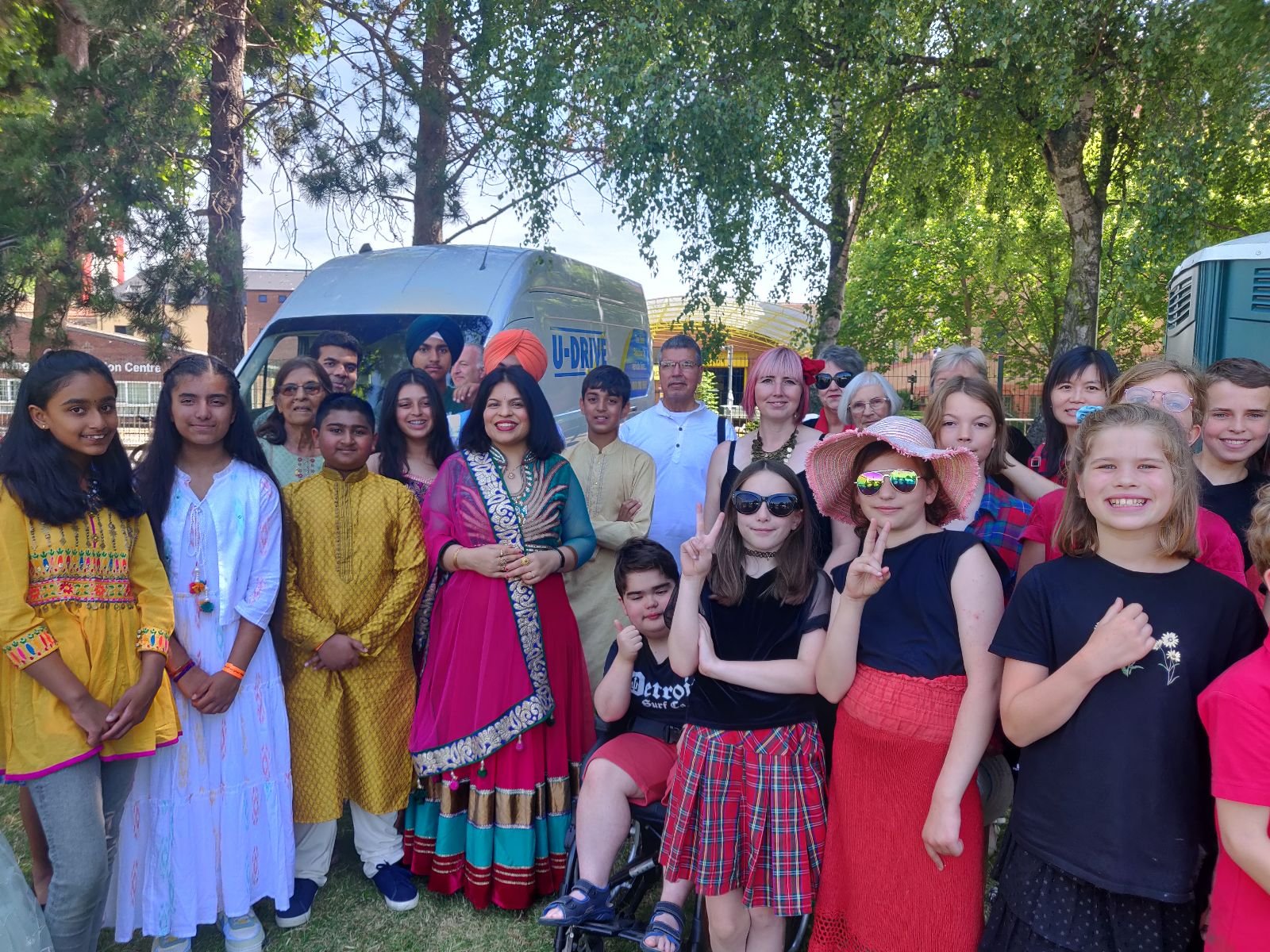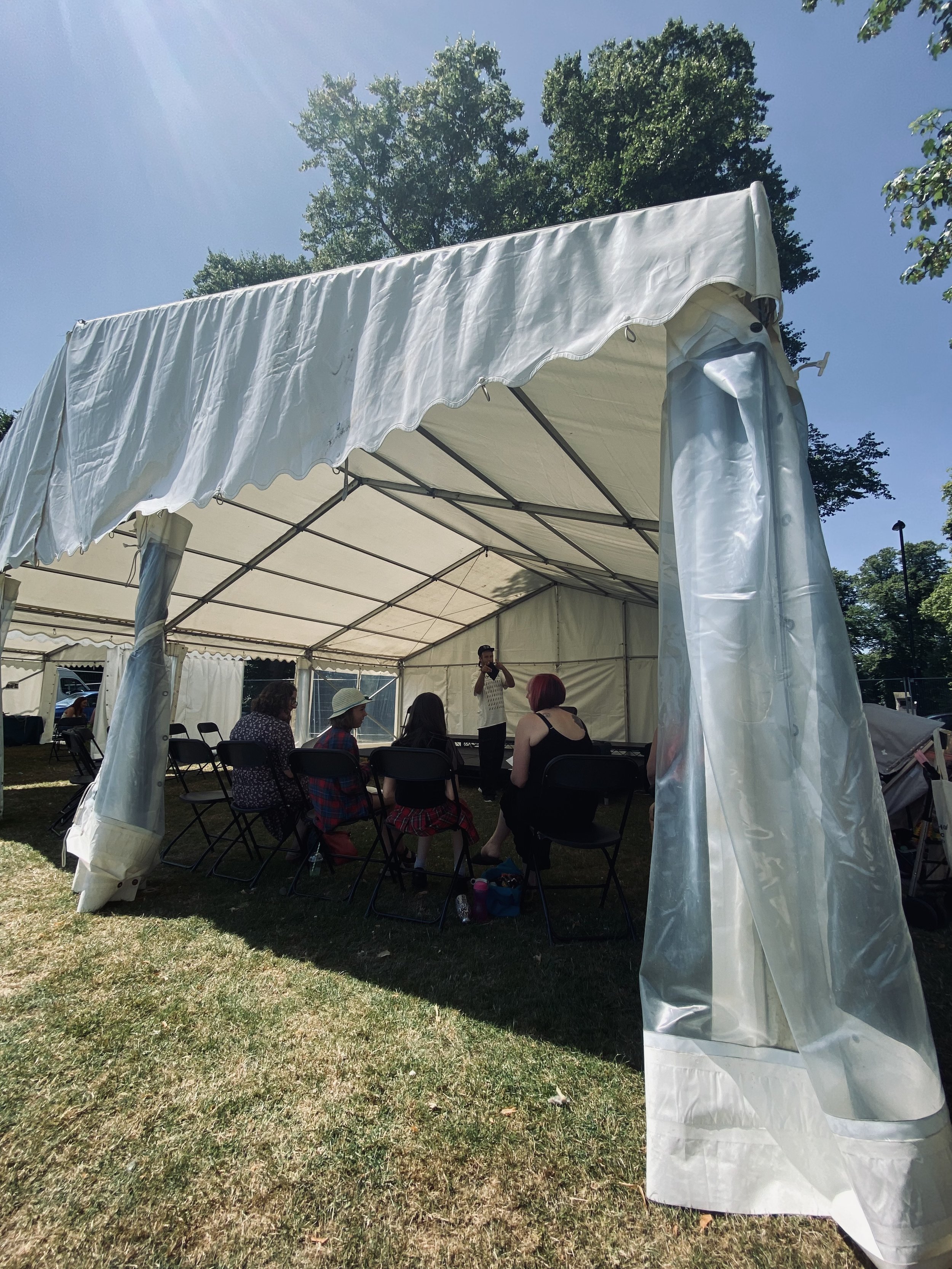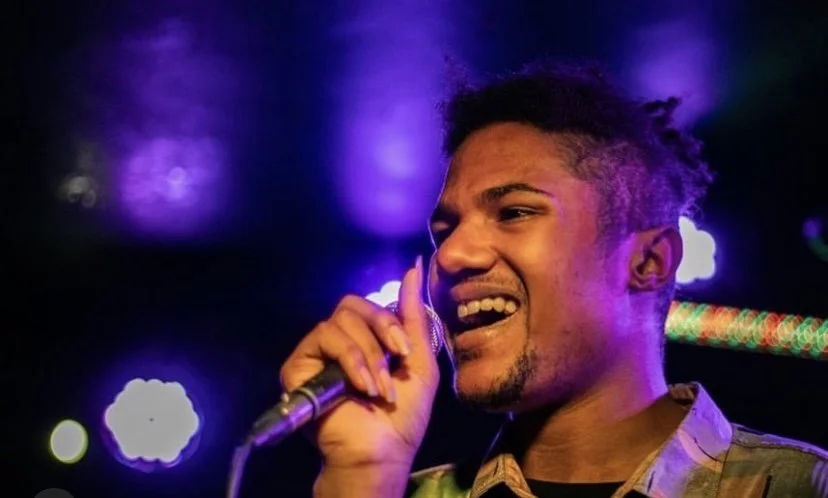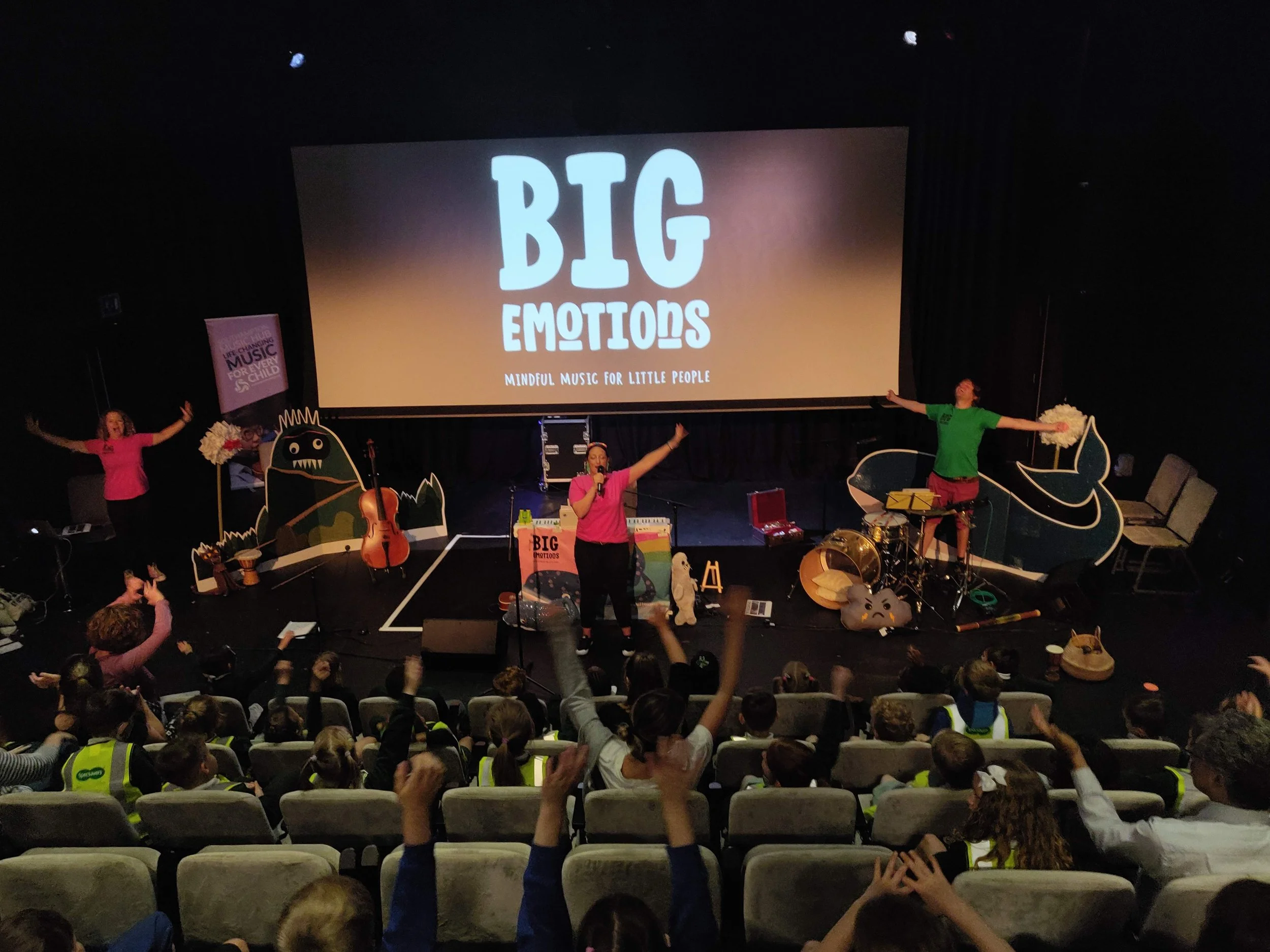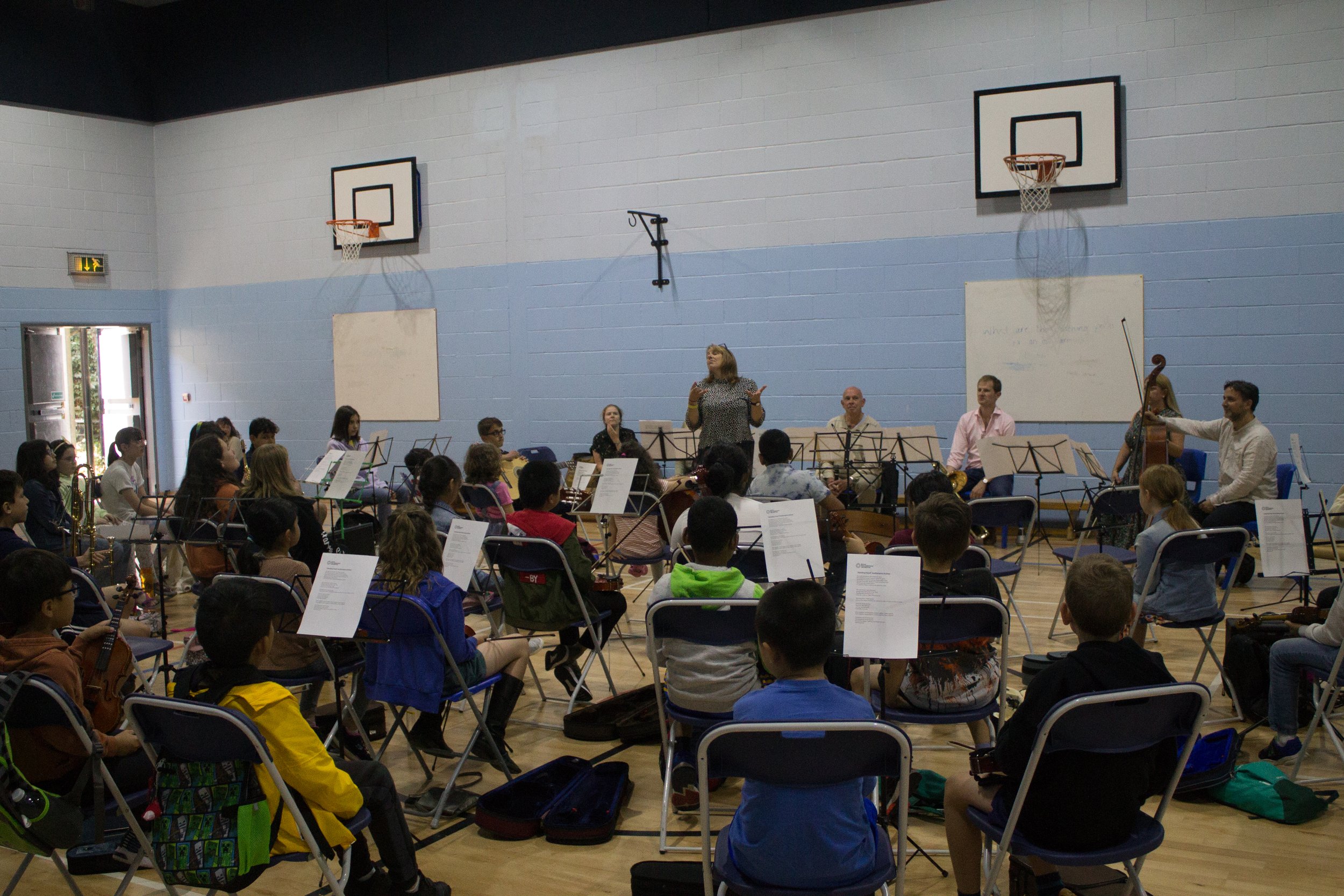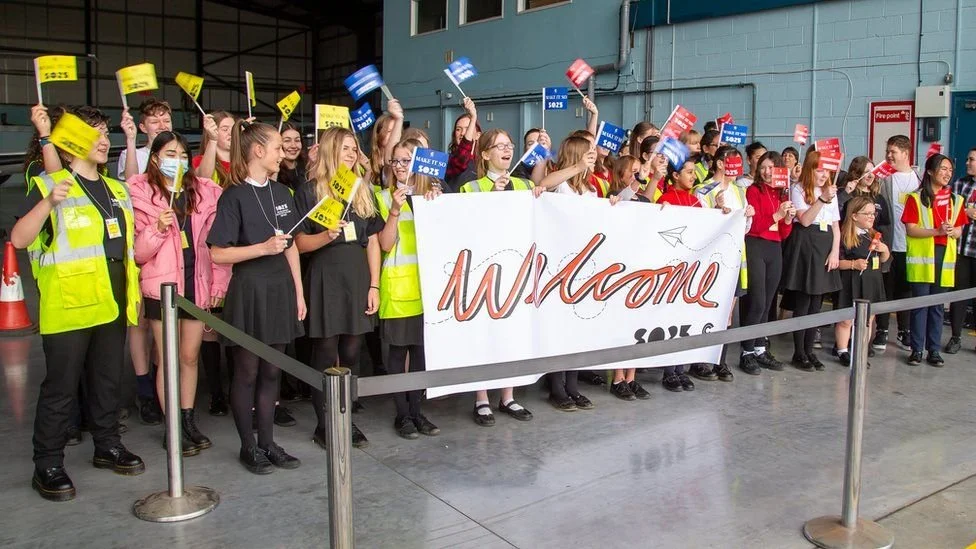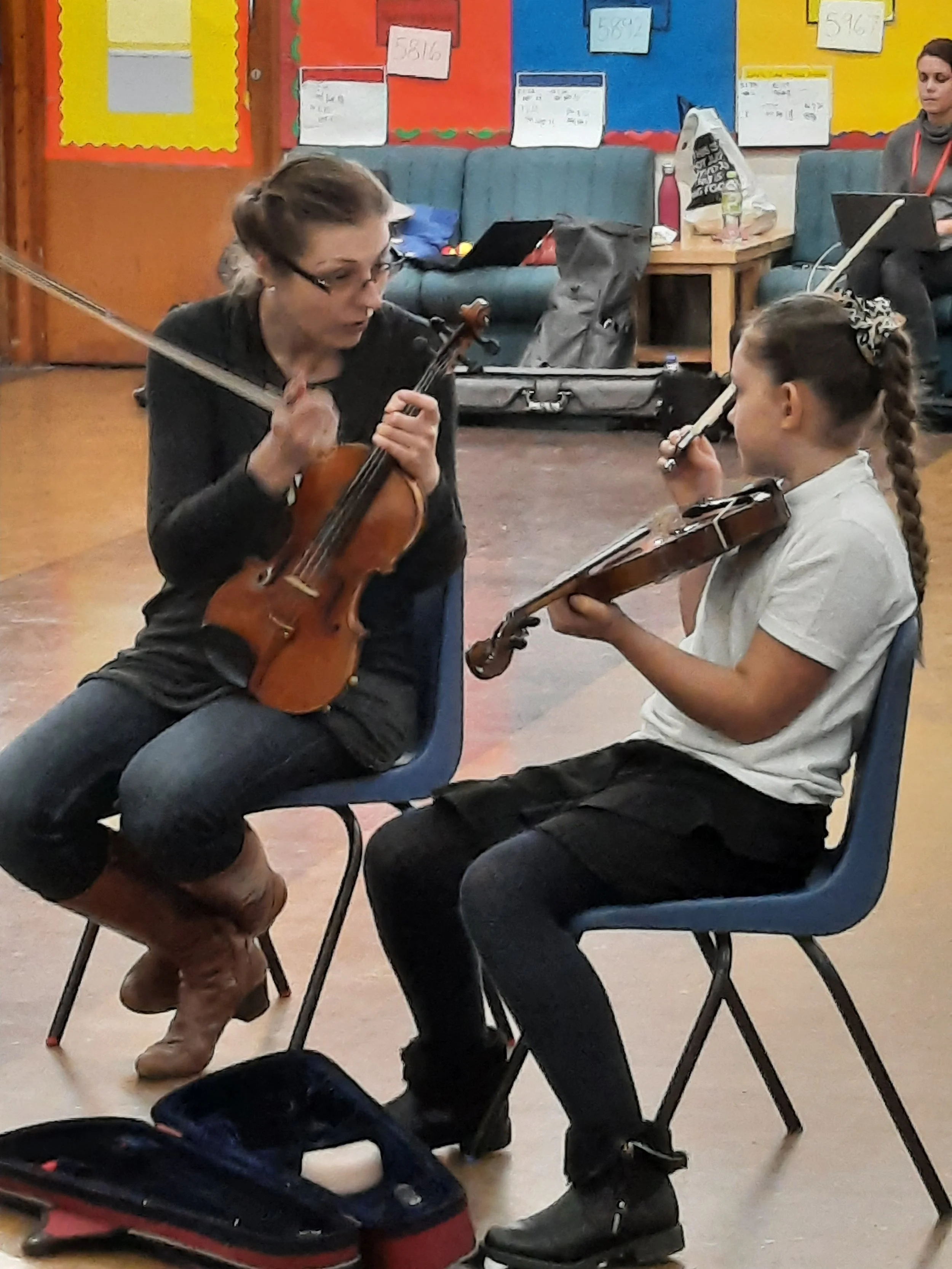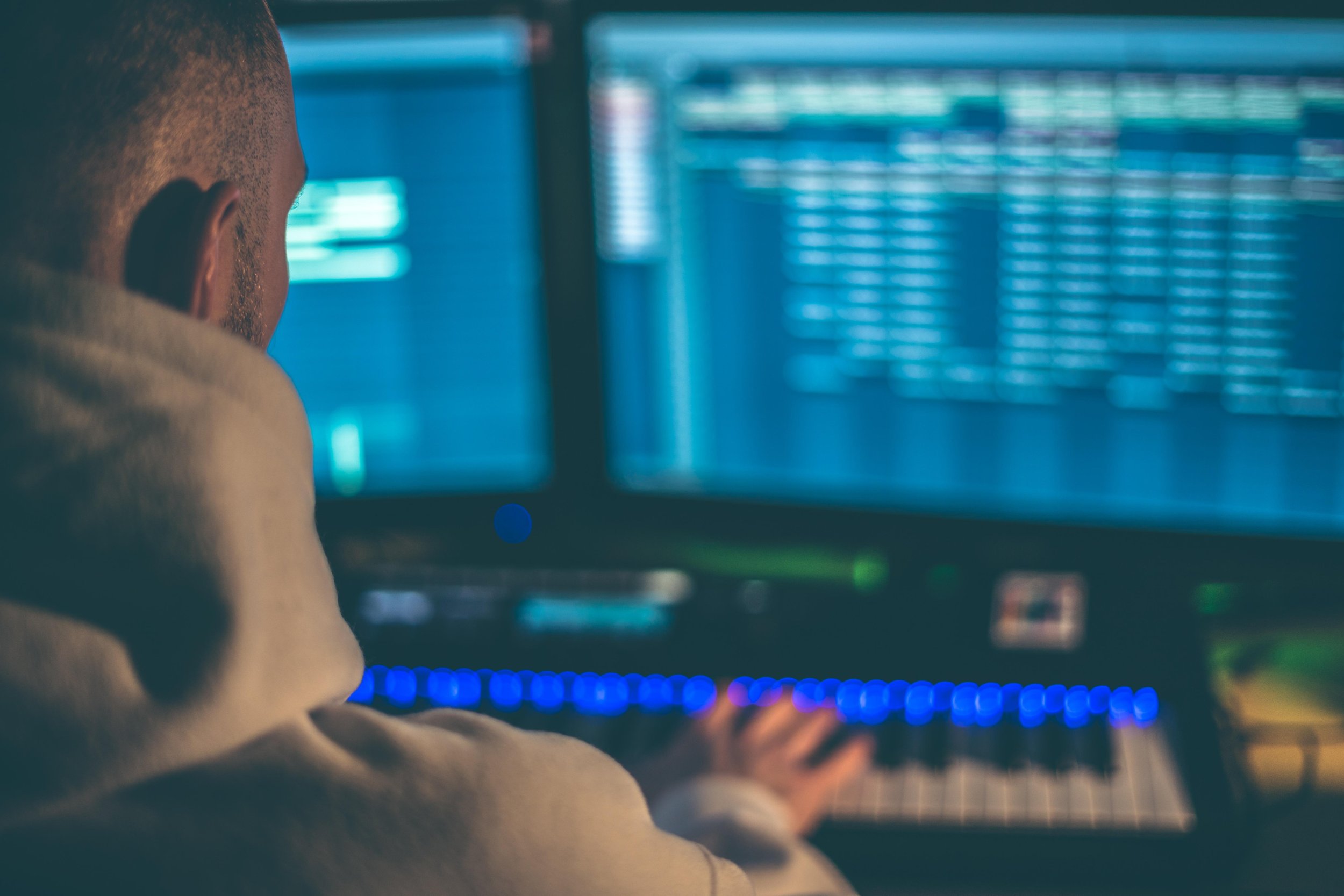As part of our Digital Native Artists programme, we have 4 free music groups which you can join!
Whether you’re well on your way with your musical journey or just starting out, these sessions are open.
You can come along regularly, try out a session or drop in when you need the support.
Girls Make Music: Production Collective — Girls Make Music is a music production club providing young women and girls access to making music in an exciting, creative space in the MAST Studios!
Fortnightly Wednesdays 4.30pm - 6.00pm (all ages) additional hour ‘til 7.00pm (16 - 21 years)
at MAST Music Studio.
All young women & girls ages 11 - 21, inclusive of cis, trans and non-binary, women & girls.
Music Production Collective — MPC is a monthly music production group session, providing space for collaboration between beatmakers, producers and songwriters, an opportunity to learn new skills and get support with music making.
Monthly Mondays 4.30pm - 6.00pm at MAST Music Studio.
Ages 11-18
FLOW — Flow is a monthly rap group session for young rappers, whether you’re just starting out on your musical journey or are well on your way!
Saturdays 10.30am - 12.00pm at MAST Music Studio.
Ages 11 - 16 years old.
MIX’Zine— Mix’Zine is a connected community for young people interested in music, social media, music journalism, blogging and live events to be part of a team who will share new music and music opportunities with other young people.
First Monday of the Month 4.30pm - 6.00pm at MAST Music Studio.
Ages 13 - 25 years old.
Find out more about our Digital Native Artists Programme and the resources we have to offer, along with the music groups and opportunities available to young people on the Isle of Wight.













